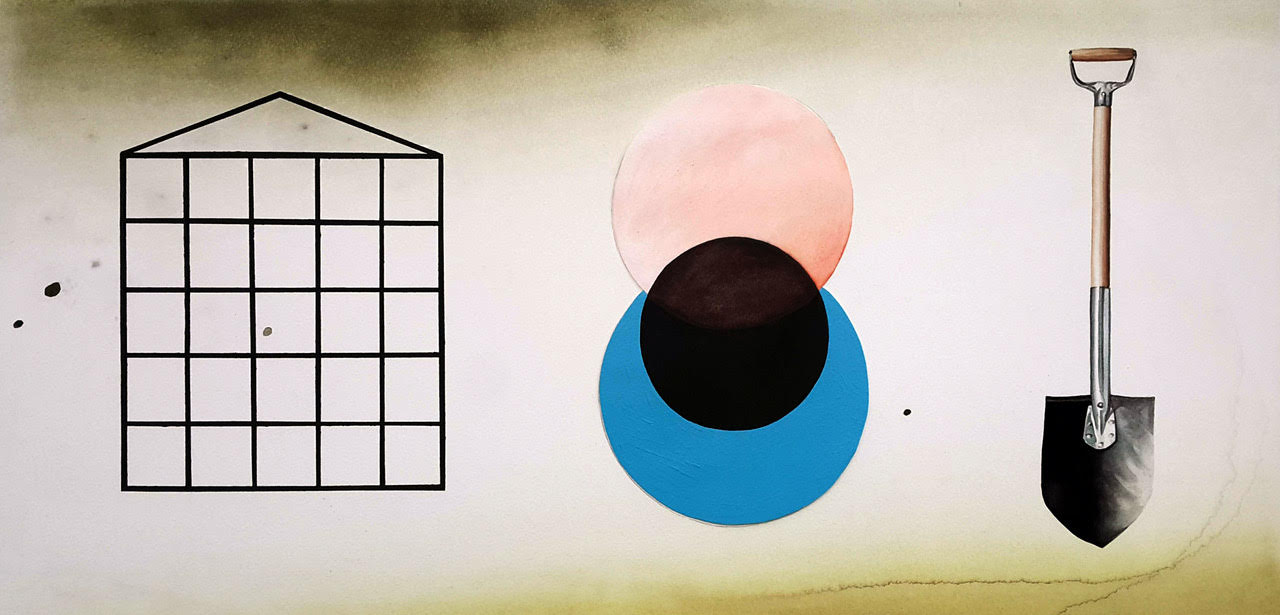|
|
|
|
Svenska |
A report by Agentur, within the framework of the research project The Aesthetics of the Popular Fronts.

“Our work is not based on the tired old idea of reaching out to the people,” the pen name Virginia wrote in an article in July 1936. “We are the people.” The article was published in the French daily newspaper Comœdia, in a special section devoted to the country’s new Houses of Culture, les Maisons de la Culture. The fourteen articles that made up the section testified to the energy and the wild heterogeneity of the movement: there were texts on mural painting and newly founded film co-ops, lecture tours and people’s choirs, interdisciplinary scientific collaborations and workers’ theaters. Among the authors were several of the most famous writers, artists, and filmmakers of the French 1930s, such as André Malraux, Jean Renoir, and Fernand Léger.
The houses of culture served an essential function in the political project of the Popular Front. What had begun as a series of lectures arranged in the offices of the magazine Commune, turned into a country-wide network of self-organized cultural institutions, with ambitious programs of exhibitions, performances, concerts, and courses. Between 1935 and 1938, over 70 culture houses were founded in France, from Paris to Marseille. As both an institution and an idea, the House of Culture was of critical importance to the Popular Front: it served as an infrastructure for social organization, but also as a model for culture’s role in an equal and just society. The vision of an egalitarian culture embodied in the houses of culture went on to exert an important influence over the development of the cultural policies in the European welfare states.
Culture House Culture House Culture House draws on the special section on the French Popular Front’s House of Culture in the daily Comœdia, which is now published in full in Swedish translation. It is a report on the life of cultural institutions and the future of cultural policy, on decentralized self-organization and centralized state apparatus, on atrophied concepts and vigorous bureaucracies. Can the Popular Front’s houses of culture give us a new perspective on the development of cultural policies in Sweden, from the 1930s until today? Can the study groups and the forms of mediation of the houses of culture teach us something about the changing conditions of the writer in a postdigital public sphere? What would be a house of culture adequate to the social, political, and technological conditions of the present?
With presentations, interventions, lectures, and artistic contributions by Emily Fahlén, Jörgen Gassilewski, Elof Hellström, Pedram Nasouri, Sara Parkman, Kim West, and Ellen Wettmark, we invite to common reflection regarding an important institutional model in the history of modern cultural policy, from the popular front period until today.
Culture House Culture House Culture House is the third in a series of reports produced by the independent research group Agentur, within the framework of the research project The Aesthetics of the Popular Fronts. The reports take the form of public events, arranged at different places and institutions in Sweden and abroad during the fall of 2020 and the spring of 2021; videos based on documentation of the events, directed by Agentur, and published on digital platforms; and printed publications, produced in collaboration with a number of Swedish and international publishing houses, platforms, and magazines.
The event Culture House Culture House Culture House takes place on Friday November 6, 6–8.30 pm, at Cyklopen, on Magelungsvägen 170, Högdalen. Please note that because of the new guidelines from the public health authority, this is now a closed event.
The video Culture House Culture House Culture House, based on documentation of the event, as well as on specifically commissioned presentations, will be published on November 22 on agentur.ooo and cyklopen.se. Press play!
The publication Culture House Culture House Culture House will be published in collaboration with Stockholmstidningen in December 2020. The publication will feature a Swedish translation of the special section on the Popular Front Houses of Culture from the daily Comœdia, as well as essays and artworks based on the contributions to the event and the video. Would you like to read?
Thank you to FWD Fred Wenzel Displayservice, and to our collaborating partners.
Image: Christoffer Paues, Trea nr 3 för folkfronterna, 2020.